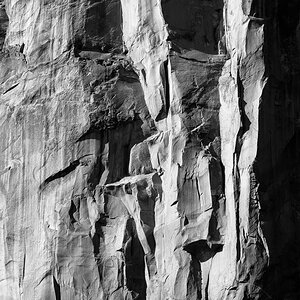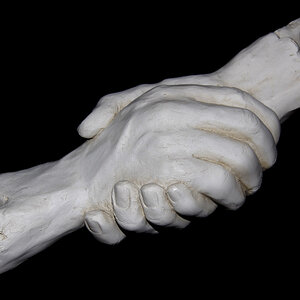shelby16
No longer a newbie, moving up!
- Joined
- Mar 6, 2013
- Messages
- 415
- Reaction score
- 45
- Location
- USA
- Can others edit my Photos
- Photos OK to edit
Big question! Do YOU do this? Because I just read about this website through Vol. 4 of Scott Kelby's "The Digital Photography Book".
He recommends this website: U.S. Copyright Office - Online Services (eCO: Electronic Copyright Office)
Honestly, I need someone to help me make sense of this. When do you use this? What is the real purpose? I'm so confused. Don't people just tag photos anyway?
Let me know your opinion, what this really means, if you do it, ect.
Thanks.
He recommends this website: U.S. Copyright Office - Online Services (eCO: Electronic Copyright Office)
Honestly, I need someone to help me make sense of this. When do you use this? What is the real purpose? I'm so confused. Don't people just tag photos anyway?
Let me know your opinion, what this really means, if you do it, ect.
Thanks.


![[No title]](/data/xfmg/thumbnail/39/39292-4169a355b794ae9735845c4ad45d06ff.jpg?1619738958)






![[No title]](/data/xfmg/thumbnail/39/39291-a89dc472765e04f66f617dd9acc8030d.jpg?1619738958)



